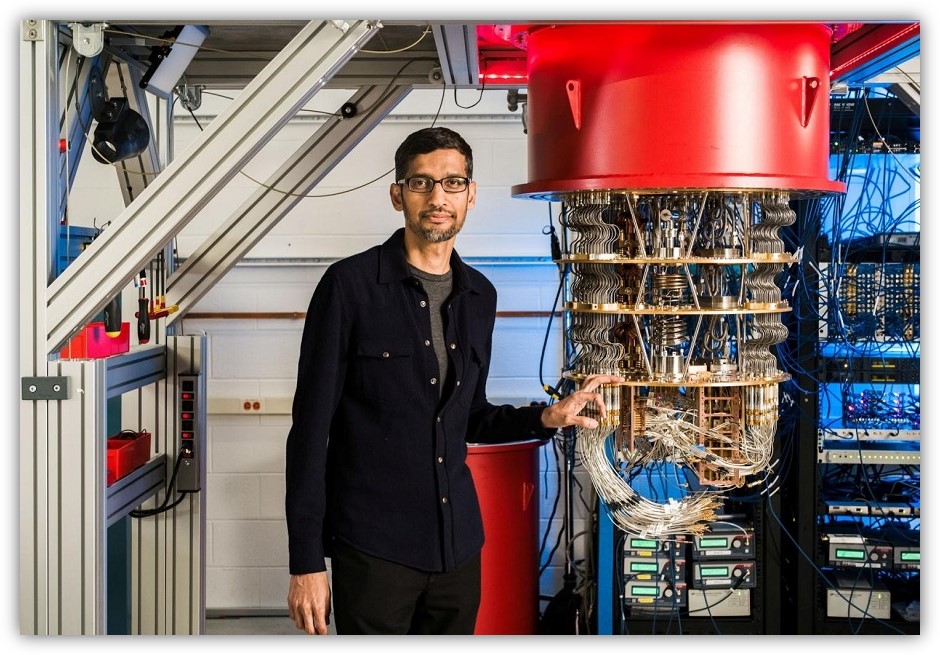Faster data transfer, less carbon footprints, and precise GPS are just some of many potentials that quantum computing have. Likely, it won’t take much time until quantum computing is available to the masses. But, what is quantum computing? In this article, we will help you understand the power of quantum computing and its potentials.
What is quantum computing?
To understand quantum computing, you have to understand the computer that we have right now. Today’s computer is a cheap effort to solve various problems that involve mathematical equations. Every computer on this planet uses binary signals measured in bits. As good as it might sound, even today’s supercomputers are still struggling to complete various complex tasks.
This is due to the inability for computers to solve the myriad combination of real world problems. When they managed to solve the problem, it usually took a long time. Therefore quantum computers are created to eliminate the limitations of traditional computers.
Unlike traditional computers, quantum computers store their data in qubit. Using the concept of superposition, quantum computer’s data was stored in either 1 or 0. This resulted in higher efficiency of quantum computers. To illustrate the efficiency, with just 280 qubits, you can store more data than the number of atoms in the universe.

The potential of quantum computing
With such power, the possibilities of quantum computing usage is limitless. Accordingly, quantum computers could help humanity in various sectors. One of the most promising sectors is AI development. Today’s AI’s capabilities are very limited on how fast they can process a large collection of data. With a quantum computer, data processing can be accomplished much faster.
One of the earliest sectors that uses quantum computers is financial services. As we already know, financial service’s operations are largely based on calculating big data of numbers, such as stock options and assets. Using a quantum computer, price change can be predicted much faster due to the faster ability to process and simulate market data.
Another sector that will be benefited from quantum computers is manufacturing. Using manufacturing data sets, quantum computers could detect manufacturing failure data and use them to avoid the same failure from happening again. Therefore, several complex manufacturing processes, such as microchips, can be performed much faster with less error.
The last of many potentials of quantum computing can be expected from the pharmaceutical industry. The use of quantum computers could help drug manufacturers to simulate the drug effect on the human body based on an accurate simulation. So, in the future, manufacturers could potentially create vaccines for an outbreak in a matter of days.
Conclusion
It seems that quantum computers are getting closer and closer into our hands. It is indicated by various companies that are currently try to develop a quantum computer. Honeywell is one of those companies. By creating Honeywell Quantum Solution, they’re using the company’s vast experience on technologies to create a quantum processor.
IBM is also in the race for the creation of quantum computers. Their approach is based on the use of superconducting and error correlation. So, let’s just hope that quantum computers could bring a better future for humanity.







